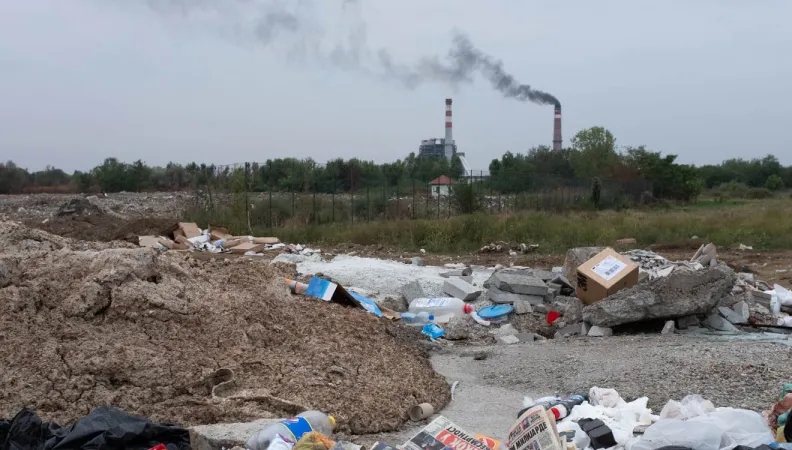Share the page
Supporting the national solid waste program in Serbia
Project


-
Project start date
-
Status
Ongoing
-
Project duration
-
15 years
-
AFD financing amount
-
€ 75 500 000
-
Country and region
-
Location
-
Serbia
-
Beneficiaries
-
Republic of Serbia
The aim of the program is to reduce the environmental and sanitary impact of solid waste in several cities of the country, while improving the living environment of the inhabitants. Its specific objective is to extend the accessibility of a quality service to all the inhabitants of the cities targeted by the program (objectives: 100% coverage in the target cities, development of sorting at source and promotion of the circular economy, sustainability of the infrastructures financed).
Context
Decades of lack of planning and chronic underinvestment have led to a major deficit in household waste management infrastructure in Serbia, whether in terms of collection, transport, treatment or valorisation. The average collection rate for municipal waste is 82% and there are large disparities between municipalities (25 to 100%) and between urban and rural areas. The lack of recycling facilities in the vast majority of the country’s local authorities contributes to the very low national waste recycling rate (3%). Similarly, composting sites are very rare.
The waste sector is identified as the major environmental challenge for Serbia’s accession to the European Union, with significant investment needs for convergence with the acquis communautaire. In this context, Serbia is working to align its legislation with that of the European Union and wants to modernize its waste management infrastructure.
Description
The program, co-financed by the EBRD, will develop and upgrade solid waste management infrastructure and strengthen stakeholder involvement for better waste management services. The program will include a maximum of eight sub-projects (covering about 1/3 of the country’s municipalities), of different maturity (pre-feasibility stage to equipment design stage). For each sub-project, an integrated approach to the sector will be developed, including all stages of solid waste management: collection (bins, containers, vehicles), implementation of primary and secondary sorting systems, transport, disposal of so-called ‘‘final’’ waste, valorization (waste recycling, energy recovery from biogas produced at landfill sites).
The Ministry of Finance, representing the Republic of Serbia as a borrower, will be the signatory of the credit agreement. The Ministry of Environmental Protection (MoEP), which is responsible for the strategic and operational management of environmental and climate issues, will act as project manager for the program through a Project Implementation Unit set up within the Ministry’s Waste Management Department.
Impacts
The main expected effects are environmental (reduction of illegal dumpsites, reduction of greenhouse gas emissions: 100% climate co-benefit), economic (creation of jobs in the private and public sector by developing activities in the different links of the waste chain) and social (improvement of the conditions, living environment and health of the inhabitants served by the new waste collection and treatment services, reduction of inequalities in terms of public health and hygiene via a fairer pricing policy).


